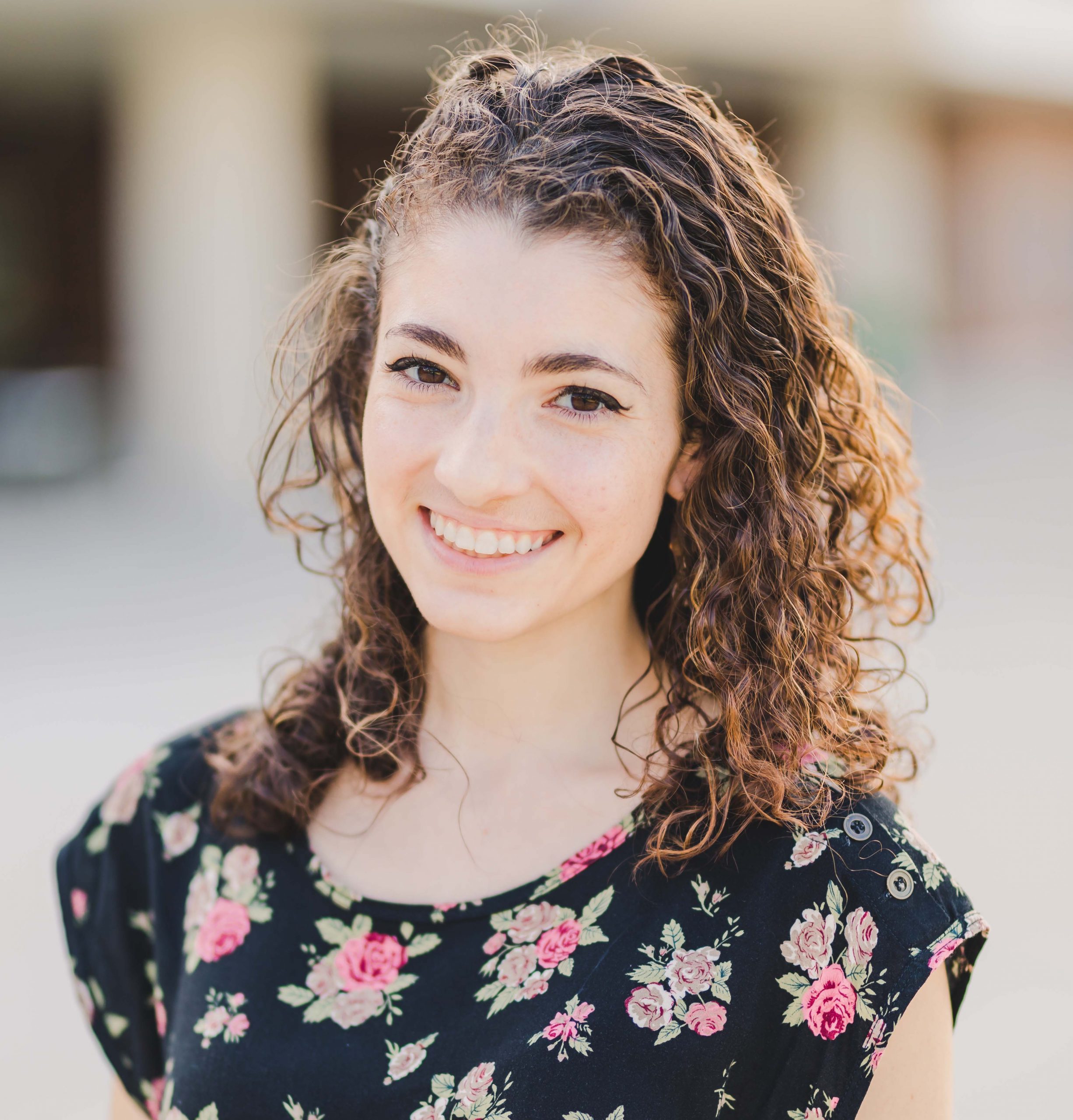Deanna Bousalis, Ph.D. candidate in the Schmidt Lab, received a 4-year $300K National Institutes of Health (NIH) Ruth L. Kirschstein National Research Service Award (NRSA) Individual Predoctoral Fellowship for her project titled, Creating Hydrogel Tissue Mimics to Better Understand Congenital Heart Disease.
The prestigious fellowship covers full tuition, stipend, and educational expenses. Bousalis’ mentor on the project is Dr. Christine E. Schmidt, J. Crayton Pruitt Family Chair and Department Chair.
The objective of this research proposal is to develop natural materials-based hydrogel cardiac tissue mimics that can serve as in vitro test beds for congenital heart disease (CHD).
It is estimated that 9 of every 1000 children worldwide today are born with congenital heart disease (CHD), the most common birth defect and main cause of cardiac anomalies. While there has been progress made in understanding cardiac development, the mechanisms of cardiac maldevelopment are still primarily unknown. Numerous genetic mutations resulting in cardiac maldevelopment exist, a common one of which is a mutation in the Nkx2-5 gene. Such mutations are hypothesized to change the extracellular matrix (ECM) composition and mechanical properties (e.g. stiffness) of embryonic cardiac tissue.
Bousalis’ current central hypothesis is that the Nkx2-5 mutation influences the biophysical properties of embryonic cardiac tissue, which in turn dynamically regulate developing cardiac cells. Her goal is to create hydrogel cardiac tissue mimics with tunable extracellular matrix properties as in vitro test beds for developing cardiac cells. This will allow her to study the relationship between biophysical inputs and disease progression, and further understand the mechanisms of cardiac maldevelopment.
The purpose of the Kirschstein-NRSA Predoctoral Fellowship (F31) award is to enable promising predoctoral students to obtain individualized, mentored research training from outstanding faculty sponsors while conducting dissertation research in scientific health-related fields relevant to the missions of the participating NIH Institutes and Centers. The proposed mentored research training must reflect the applicant’s dissertation research project and is expected to clearly enhance the individual’s potential to develop into a productive, independent research scientist.
